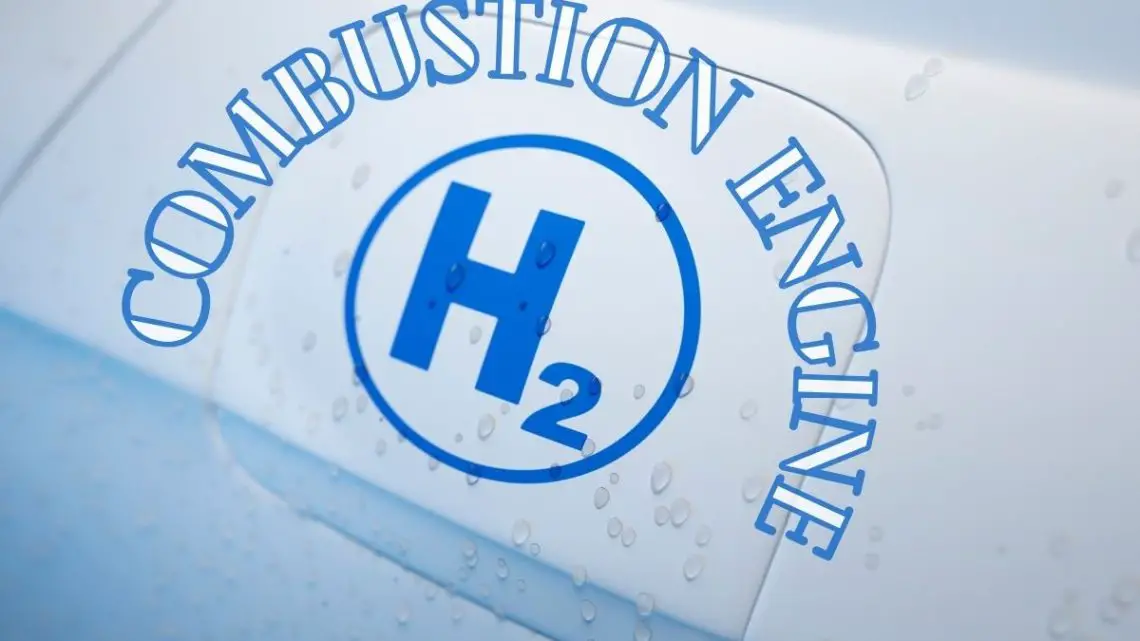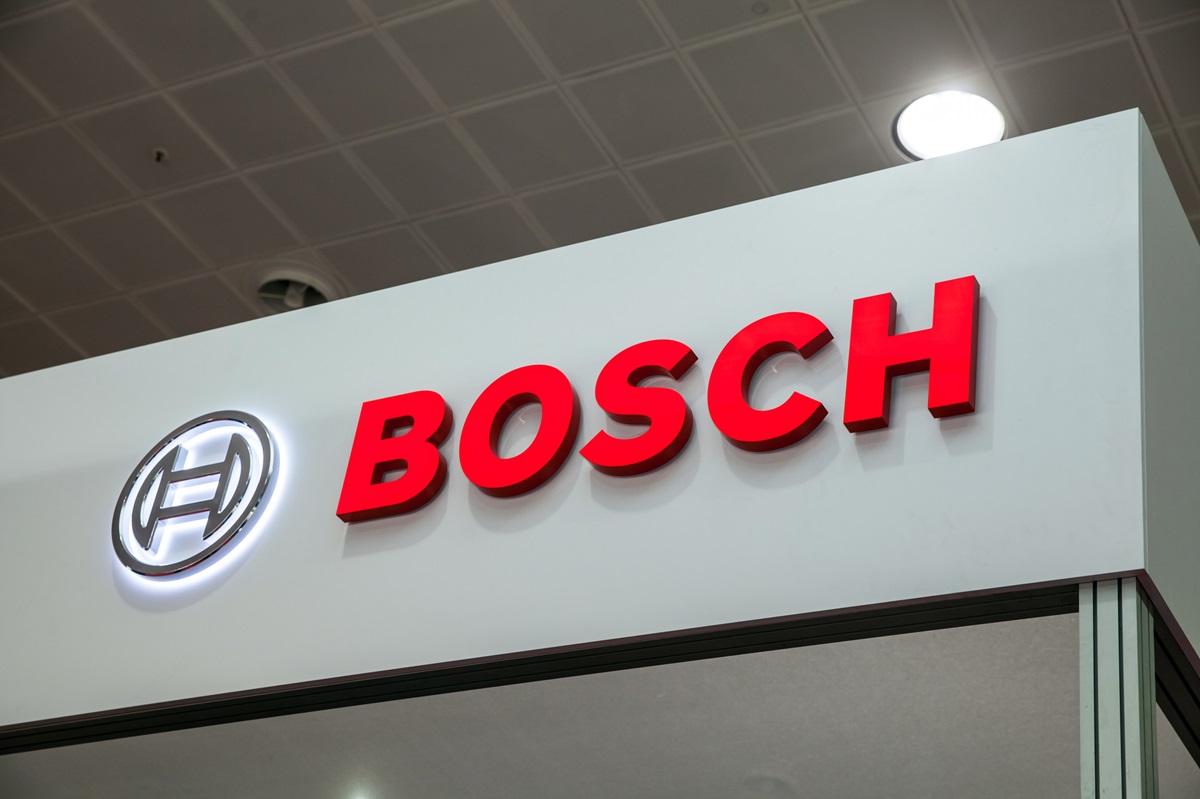
Bosch bets on hydrogen combustion at CES 2024
January 16, 2024Though there haven’t been many headlines about the technology lately, it has not been forgotten.
Hydrogen combustion engines had been making news quite regularly for a while but mainly dropped out of headlines over the last while as many companies focused on fuel cell or even electric vehicle technologies. That said, Bosch brought the subject back into the conversation with enthusiasm at CES 2024 last week.
Despite how far electric passenger vehicles have overtaken fuel cell cars, there remains other promising H2 tech.
As automakers have focused their H2 efforts on fuel cells, comparatively very few have placed any attention or resources on developing hydrogen combustion engines. With the announcement at CES 2024, however, it is clear that Bosch believes that there is a future in this technology and that it will play an important role alongside electric vehicles in the zero-emission transportation ecosystem.
The German supplier giant focused on this alternative way of using H2 as a low-carbon transportation option, as opposed to using it in fuel cells for zero-emission operations. According to the company, its tech is very close to being carbon neutral when it is powered by green H2 (made using electrolysis powered by renewable electricity) and provides an experience to drivers that is very similar to the internal combustion engines powered by gasoline that they’re already used to.
The hydrogen combustion engine isn’t just talk, as Bosch intends to unveil one later this year.
“The company is also working on components for a hydrogen engine, which converts fuel directly into energy without first converting it into electricity,” announced Bosch in a statement. “When powered by green hydrogen, this engine is practically carbon neutral.”

Credit: Photo by depositphotos.com
The company explained that it doesn’t imagine a future in which drivers will be choosing this technology instead of electric vehicles. Instead, it will be one of many options including electric vehicles, and that drivers will be able to choose what works best for them.
Existing technology
 Though Bosch intends to take its own direction with hydrogen combustion engines, the technology itself already exists. In fact, BMW built a demonstration fleet of 7-Series sedans about two decades ago using engines modified to run on H2.
Though Bosch intends to take its own direction with hydrogen combustion engines, the technology itself already exists. In fact, BMW built a demonstration fleet of 7-Series sedans about two decades ago using engines modified to run on H2.
Naturally, technology has changed quite a bit – and has become much cleaner – since that time, and Bosch plans to have a very modern take on how this type of hydrogen combustion engine will look.
Ready to test your knowledge on the most abundant element in the universe? Take our fun and engaging Hydrogen Quiz now! [forminator_quiz id=”58712″]



 With over 15 years of reporting hydrogen news, we are your premier source for the latest updates and insights in hydrogen and renewable energy.
With over 15 years of reporting hydrogen news, we are your premier source for the latest updates and insights in hydrogen and renewable energy.
It makes no energy or economic sense to use hydrogen for internal combustion (IC) engines: First you produce the hydrogen with an electrolyser that is around 60% efficient, so you lose 40% of the electric power. Then you burn it in an IC engine which gives you up to 30% efficiency, a further loss of 70% of the potential energy in the hydrogen, so the overall efficiency from the hydrogen IC power is around 40%.
The only time that burning hydrogen in an IC engine makes sense is when a harsh operating environment that will shake a fuel cell to pieces; this is what JCB found with their heavy machinery, so JCB has developed a new design of hydrogen IC engine; see: jcb.com/en-gb/campaigns/hydrogen
To me in sounds a sensible way to go. JCB already have converted diggers to run on hydrogen alone. I don’t see the reason to still have electicity combined to hydrogen when, as JCB have done, simply by adding on thier unit on the top of a diesel engine. Job done.
I am working with a large Spanish Energy Company, creating a network of large Solar Energy and Green Hydrogen developments in California. Using Green Hydrogen to off-set GHG Emissions and provide energy to propel transportation throughout California and ultimately the USA is my goal.
1,000 acres of solar panels and hydrogen electrolyzer can produce approximately 25,000 klg per day but the cost without Tax Credits is prohibitive. I would like to discuss with you how we convert fossil fuel transportation and energy to Green Hydrogen production and transmission. My information is provided below.
Combustion engines waste about 60-70% of the energy as heat.
Can not figure out why anybody would think that wasting 60% or more energy is a good idea.
Do Tesla’s heat batteries?
As part of a transition it makes sense because the manufacturing jobs and infrastructure already exists and is not as toxic as fuel cell/battery manufacture.